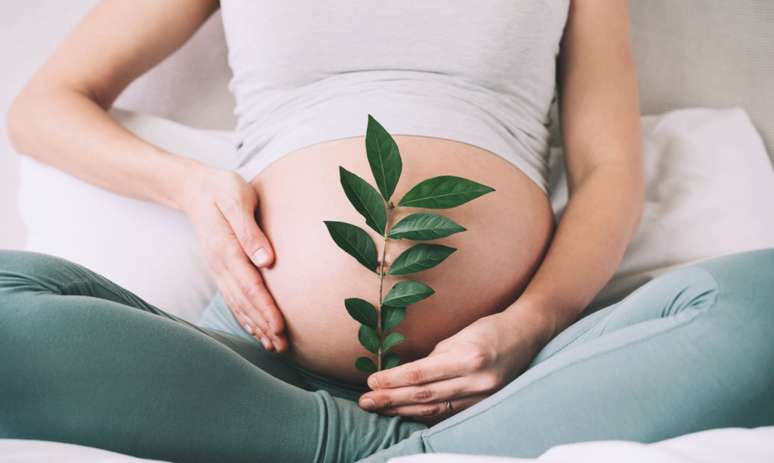Common items we use every day can significantly reduce fertility, disrupting pregnancy plans
Today is World Fertility Day (04/06), an appointment that highlights an important factor for couples and single women who wish to get pregnant. This is therefore an important opportunity to understand what could hinder this objective.
“The causes of infertility are multiple. Age, diseases of the reproductive system, both female and male, the use of drugs and hormones and even some routine habits can interfere with a couple’s chances of becoming pregnant”, says Rodrigo Rosa, human reproduction specialist and clinical director of the Clínica Mater Prime.
So, even if the vast majority of people think about serious possibilities when faced with difficulty conceiving, even products present in everyday life can damage fertility. The expert explains some of them below, take a look:
Lubricant
Using vaginal lubricants during sexual intercourse can compromise your chances of pregnancy. “The lubricant can cause a change in the pH of the vagina, which has an ideal acidity level to ensure the survival of the sperm. Furthermore, some products, especially those that contain petroleum jelly in their composition, can damage the motility of the sperm,” explains the doctor.
So, for those who are trying to get pregnant, the ideal is not to use lubricants. “It is worth remembering that the vagina already has natural lubrication, but if a woman suffers from dryness in that area, it is important to consult a doctor to find out the best solution for her case,” emphasizes Rodrigo.
According to the doctor, today you can find lubricants that say they do not interfere with the chances of pregnancy or even increase them, but there is no scientific evidence for this claim.
Plastic jars and bottles
Some plastic jars and bottles contain in their composition so-called endocrine disruptors (EDC), which can affect the quality of sperm and eggs, reducing the chances of conception.
“Excessive exposure to these EDs can induce different types of DNA damage, causing, for example, mutations that make sperm non-viable, with a consequent reduction in male fertility,” explains the expert. To reduce exposure to these harmful agents, he recommends avoiding heating these plastic containers.
“The EEDs present in these plastic containers are absorbed by the food when it is heated, especially when the food is rich in fat. Therefore, it is important not to follow this habit, as well as not to put hot foods in these containers. Also be careful when covers the food with plastic film and aluminum foil, which should not be heated because there is a risk of releasing these components,” he advises.
The doctor also recommends avoiding soft plastic bottles, which also contain EDs, opting for glass or hard plastic ones. “And, as with containers, avoid drinking water from disposable bottles left in a hot environment, such as inside a car,” he warns.
Coffee
Excessive consumption of coffee and other caffeine-rich drinks and foods, such as energy drinks and some teas, can also reduce your chances of pregnancy.
“Excess caffeine, above 100 mg per day, can harm fertility, especially in women, as it leads to hormonal changes and egg production. Additionally, excessive caffeine intake during pregnancy has been linked to an increase of the risk of miscarriages”, warns the doctor. It is therefore advisable to limit coffee consumption to a maximum of two cups per day.
Alternatives for infertility
However, it is important to remember that these are just some of the many factors that can interfere with fertility and compromise your chances of pregnancy.
“If you have been trying to get pregnant for more than 12 months and have not had success even with regular sexual intercourse, the most important thing is to seek out a human reproductive specialist to undergo an evaluation and understand what the best options are to help you achieve your dream of creating a family”, concludes Rodrigo Rosa.
Source: Terra
Rose James is a Gossipify movie and series reviewer known for her in-depth analysis and unique perspective on the latest releases. With a background in film studies, she provides engaging and informative reviews, and keeps readers up to date with industry trends and emerging talents.








